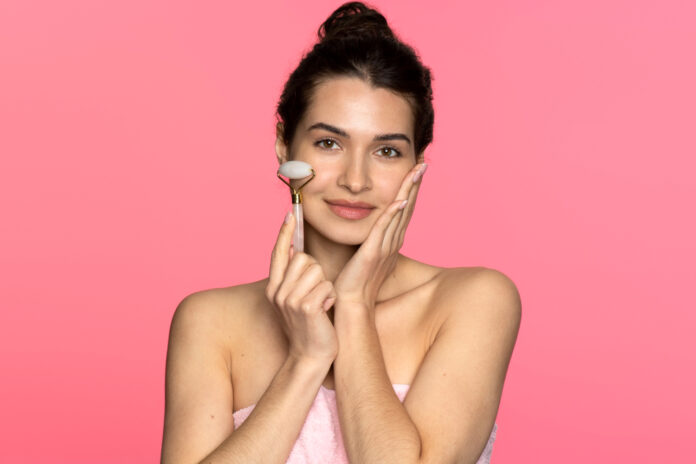Expert nutritionist unveils how dietary choices impact skin quality, offering practical advice for enhancements
In a world where external beauty often starts from within, registered nutritionist Jo Williams reiterates the vital adage, “You are what you eat,” with compelling dietary guidelines designed to enhance skin health naturally. Williams emphasizes the transformative power of nutrition in skincare, advocating for a well-rounded diet rich in essential nutrients to maintain and improve skin vitality.
Skin, our body’s largest organ, plays a crucial role not only in our aesthetic appearance but also in essential functions like temperature regulation and protective barrier formation. Several factors influence skin health, including genetics, age, hormonal balance, and significantly, our dietary habits. Williams stresses that while topical treatments have their place, the foundational glow of healthy skin begins with what we feed our bodies.
To achieve and maintain vibrant skin, Williams advises a dietary regimen rich in antioxidants, vitamins, and minerals, which support the continuous turnover of skin cells. This process is vital as it replaces older cells with new, healthy ones, ensuring skin remains resilient and clear. A balanced diet featuring a variety of fruits and vegetables, particularly those rich in beta-carotene and lutein, is crucial for skin cell development and maintaining an even skin tone.
Antioxidant-rich foods like carrots, sweet potatoes, kale, and spinach help shield the skin from damage caused by free radicals, common culprits that accelerate aging and skin deterioration due to pollution, smoking, and sun exposure. Furthermore, incorporating foods high in vitamin C is essential as it not only bolsters the immune system but also enhances skin radiance and aids in the healing of blemishes by promoting collagen production.
Williams doesn’t just stop at vitamins but extends her advice to include healthy fats from sources like oily fish and nuts, which are pivotal in keeping the skin moisturized and elastic. She also highlights the importance of micronutrients such as selenium, found in Brazil nuts and fish, which protect against skin cancer and sun damage.
Despite the inevitability of aging, Williams suggests that a meticulous skincare regimen combined with tailored lifestyle adjustments and optimized nutrition can mitigate the effects of aging like wrinkles and age spots. She advocates for a proactive approach in skincare, emphasizing the need to adapt both dietary intake and lifestyle habits to maintain skin health.
Through her compelling insights, Williams provides a holistic approach to skincare that transcends superficial treatments, offering a sustainable strategy for achieving lasting skin health through nutritional excellence. Her approach not only promotes a healthier appearance but also contributes to overall well-being, illustrating the profound connection between diet and dermatological health.
Analysis:
Nutritional Perspective:
Williams’ guidance showcases the direct correlation between diet and skin health, emphasizing that nutritional care is as significant as topical treatments. The skin’s condition often reflects the body’s internal health, and by adjusting our diet to include key nutrients, we can enhance both skin quality and overall health.
Holistic Health Perspective:
Adopting a diet rich in essential nutrients supports not just the skin but also other body systems. A balanced intake of antioxidants, vitamins, and minerals can help reduce systemic inflammation and promote better health outcomes across various physiological functions.
Preventative Healthcare Perspective:
By focusing on diet to improve skin health, there’s an implicit promotion of preventative healthcare. This approach reduces the reliance on medical interventions by mitigating potential skin and health issues through dietary choices, which can lead to a decrease in healthcare costs and improved long-term health.
Cultural Perspective:
The increasing global emphasis on natural and holistic health practices reflects a cultural shift towards preventative and integrative approaches to healthcare. This trend is not only about beauty but also about maintaining lifestyle changes that are sustainable and health-promoting in a broader sense.
